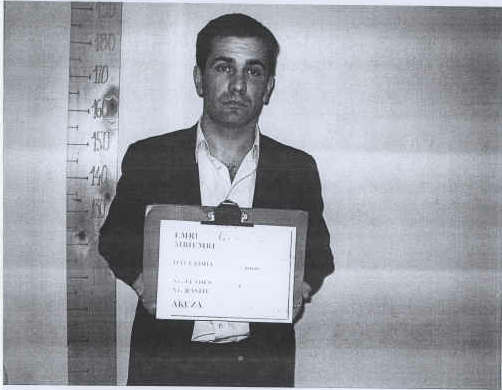Working time: the end of the battle before midnight?
(B2) In this exhibition hall in Luxembourg where the Council of Ministers of the EU is temporarily housed (for several years now) - while waiting for a new building to be built - the wait continues. Hostilities kicked off over lunch only to find there was disagreement over the deal. But that everyone was nevertheless willing to put an end to these two texts (working time, interim) which have been lying around on the Ministers' table for almost six years for the first (4 years for the second).
It seems that the objective is to reach an agreement. But not right now. In order to show that it is not easy to get there. The French are indeed determined to put an end to this file before their presidency (July 1). But it is also important to prevent the subject of working time, which is ultra-sensitive in France, from provoking headlines in the newspapers such as "France lowers its guard". So the first imperative is to obtain (small) advances (to be able to boast about the work accomplished), as complicated as possible (to allow all the explanations) and as late as possible (after the football match for example, to avoid excessively harmful headlines in French newspapers). Moreover, one of the representatives at this meeting explained learnedly: "no solution before the half-time of the Netherlands / Italy (21 p.m.). And another clarified. France wants to see its subject evacuated from the table of Ministers before his presidency. As a result, the public debate originally scheduled for around 15:30 p.m. is postponed from hour to hour. And the journalists (and press advisers) go around in circles. After lunch, the Slovenes left - with the European Commission - draft a proposal for amendments. In the meantime, we are continuing to discuss. Several points are blocked in the discussion: in particular the possibility of derogating from individual supervision for small contracts (less than 4 months, according to the initial compromise; less than 3 months according to the following compromise). The camp of "Social lovers" - ready to defend social Europe - has melted like snow in the sun. Portugal, Italy, Slovenia are ready for a compromise. an island of resistance between Spain, Belgium, Luxembourg, France, Greece, Cyprus and Hungary. And still the spirits are weary. Some - Luxembourg, France, ... - believe it is time to turn the page and move on to the next step. "We must unblock these subjects from the Council table" underlines a Councilor
Certainly theSpain remains staunchly against. Celestino Corbacho, the Spanish Minister of Labour, came to speak in front of the cameras: it is a "social regression" he lets go, particularly vitriolic. "We are moving towards a Europe of the 19th century rather than the 21st century. (...) Europe is not only an economic space, or a space of flexibility. It must also be a space of values". Joëlle Milquet for Belgium, says no less. "When we see that the Convention on the duration of work fixed 48 hours per week in ... 1921! And that we are there to discuss 60 or 65 hours per week. It is not a social advance. It's obvious."
At 18 p.m. a document is distributed to the Ministers (and to them alone, the number of copies has been limited to avoid leaks. A joint reading makes it possible to clarify certain divergences. Then a series of bilateral discussions follow. The public debate is henceforth announced for 20:15 p.m. (it is 21 p.m.!). But optimism remains in order. Simply to prevent opposition from crystallizing, we will avoid provoking a vote. "The presidency can simply note that there is an agreement, without asking for a vote".
A council deal has a net benefit : he gives the ball back... to the European Parliament. Who has already spoken out on several occasions for clearer social progress (elimination of the individual opt-out in the long term or very strong supervision, counting of inactive working hours - on-call hours - as working time... .). A bad agreement is better than no agreement because it will allow progress on social Europe. Paradoxical, yes, but realistic. The club of 6 also intends to publish a statement asking the ... Parliament to react!
(NGV)
© Photo Thierry Monasse - a Slovenian adviser and a British adviser.

